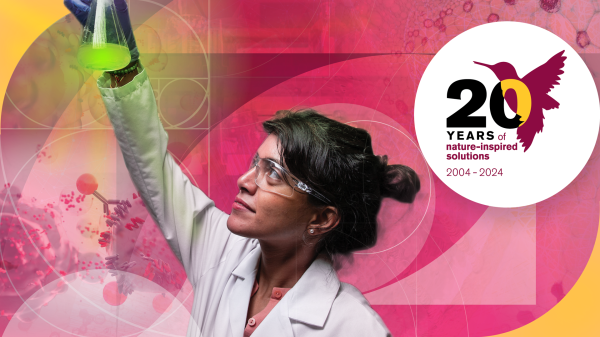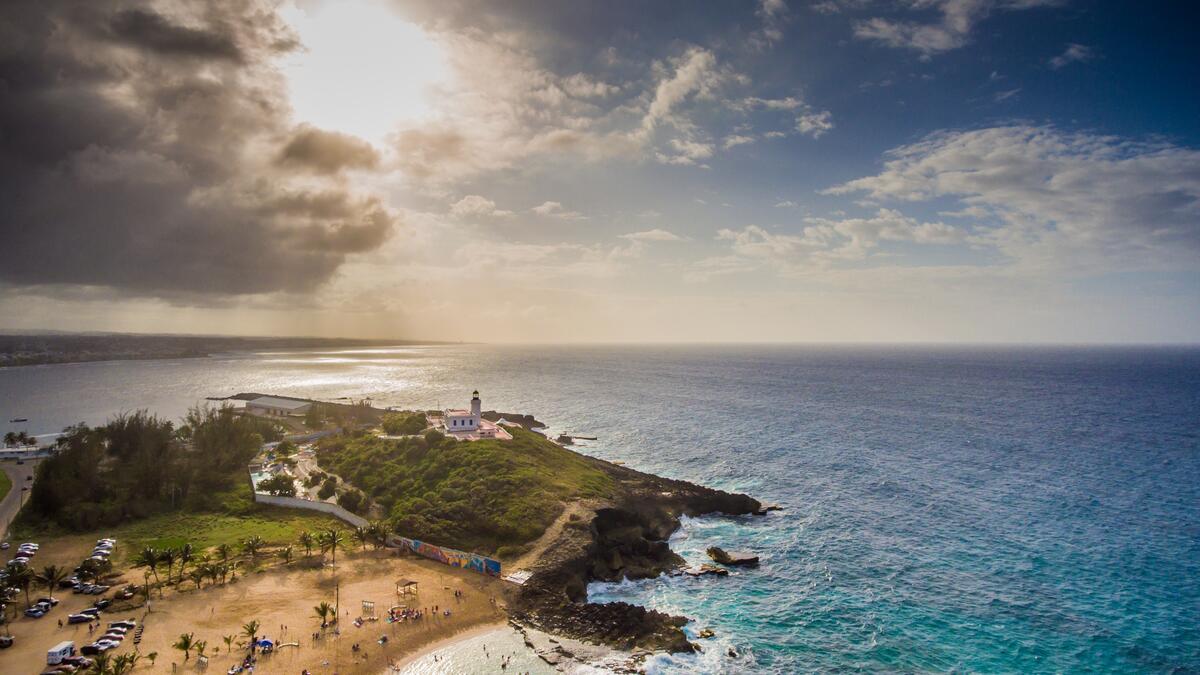Cristalís Capielo Rosario’s family migrated from Puerto Rico to the United States in 1998.
At Arizona State University, Capielo Rosario, an associate professor of counseling and counseling psychology in the College of Integrative Sciences and Arts, has done quantitative and qualitative studies on the impact of coloniality on Puerto Rican migration and mental health.
So, when Rosario testified on June 22 before the United Nations C-24 Special Committee on Decolonization, her words came from a personal and professional perspective.
Following the testimony of Capielo Rosario and others, the committee voted in favor of Resolution 1514, which asserts Puerto Rico’s right to self-determination and independence.
ASU News talked to Capielo Rosario about her testimony and work at ASU.
Note: The interview has been edited lightly for brevity and clarity.
Question: Let’s start with this: What kind of work are you doing at ASU with regard to Puerto Rico?
Answer: Primarily what I research is Puerto Rican migration. What are the factors that influence why we come to the U.S.? Since 2005, we have been experiencing the largest migratory event of Puerto Ricans, and one of the dynamics that’s particularly interesting to me is that even though we are U.S. citizens — since 1917 — that doesn’t seem to translate into benefits for us or equal treatment or protections in Puerto Rico.
As you may know, Puerto Ricans in the archipelago can’t vote for president. They don’t have equal access to social safety nets, even though they have all the requirements and responsibilities of U.S. citizens. They don’t get the same protections and benefits. So, there’s this narrative that once we migrate, we will be fully integrated into the policy of the United States. But when you look at educational outcomes, when you look at economic outcomes, when you look at health outcomes, and then my area of expertise, which would be mental health outcomes, we consistently for generations have performed much worse than all the LatinxA gender-neutral term for Latino/a. groups.
So, my work at ASU has been to dissect that. What is it about our condition that helps explain those disparities, even though we’re a territory and even though we have U.S. citizenship?
Q: In what areas are Puerto Ricans performing worse?
A: For example, when you look at educational attainment, Puerto Ricans — compared with Cubans, compared with Mexican Americans and some groups in Central America — were less likely to complete high school and less likely to have a graduate or post-graduate degree. We persistently have higher levels of unemployment and less likelihood of owning our own home, even though a majority of us are bilingual.
Q: Why is that?
A: Going back to migration, the reception of Puerto Ricans in areas like the Northeast or in New York, Chicago and, before that, places like Hawaii, there’s documented history about what sociologists may call radicalized segregation — where we were forced to live in what people refer to as the ghetto projects, where they didn’t have access to the same educational and employment opportunities. You also see, particularly in the 1930s through the 1950s, that even though Puerto Ricans who were migrating had agricultural or managerial skills, because we were culturally different and linguistically different we were not afforded the same opportunities to go up the ladder. So, we were kept at a lower level, with less benefits and less salary. All of that translated into downward social mobility.
Q: How did your work studying these disparities influence your testimony and what was the gist of your testimony?
A: I went as a psychologist. There were a lot of attorneys who were talking more about the sort of legal ramifications of colonialism in Puerto Rico. I had a different take, which is this disparity in mental health. What we know from other populations who also have experienced colonization is that, beyond the political and beyond the economic ramifications, there’s also a toll that happens at the health and psychological level. It’s not only about the economy and politics, but the narratives and what we end up internalizing about ourselves as a people who have been colonized. You create a narrative and logic where the colonized community is inherently racially, culturally and linguistically inferior. That then sets up why we cannot govern ourselves or we can’t be self-determined. That ends up affecting our self-esteem, which in turn affects depression, anxiety and intergroup dynamics.
Then, going back to the piece on colonial migration, even though we’re citizens and even though Puerto Rico is a U.S. territory, it’s not tantamount to the migration that may happen with someone going from Florida to New York or Texas to California. The economic and political conditions in Puerto Rico are such that we are forced to come here, and then when we are here, we still experience disparities. So, that was sort of the psychological take for the argument that we were trying to make, which is we have a right to self-determination.
Q: How do you think self-determination would change the mental health aspect for Puerto Ricans?
A: One of the narratives that my community often talks about is this inability for self-governance. I recently conducted a study in which I asked participants to imagine what would happen if the association between the U.S. and Puerto Rico ceased. The primary response was chaos. "We won’t be able to survive." "We’re going to die of hunger." It’s this internalization that we can’t do it. But when asked in that same study how they would describe themselves and other Puerto Ricans, they said we’re hardworking, we’re creative and we have a lot of assets. But it does not translate into the idea of self-determination. That’s a psychological phenomenon. We certainly have the economic and social resources to make it happen.
More Science and technology

ASU-led Southwest Advanced Prototyping Hub awarded $21.3M for 2nd year of funding for microelectronics projects
The Southwest Advanced Prototyping (SWAP) Hub, led by Arizona State University, has been awarded $21.3 million in Year 2 funding under the CHIPS and Science Act to continue its work advancing the…

Celebrating '20 Years of Discovery' at the Biodesign Institute
Editor’s note: The Biodesign Institute at Arizona State University wraps up its 20th anniversary with the sixth and final installment of its "20 Years of Discovery" series. Each story highlights…

Student research supports semiconductor sustainability
As microelectronics have become an increasingly essential part of modern society, greenhouse gas emissions, which are associated with their use and manufacture, have increased in tandem.…
